When it comes to maintaining a balanced and effective nutritional lifestyle, understanding the key diet factors is essential. While many people focus only on calories or food groups, it's the underlying dietary factors that truly shape long-term well-being. Let’s explore what these are, how they work together, and how they affect your personal nutritional needs.
The Major Factors of Diet
1. Age and Life Stage
Your age significantly influences your nutritional needs. Children, adults, and older adults all require different nutrient balances. For example, teenagers need more calcium and protein for growth, while older adults benefit from increased vitamin D and fiber.
2. Gender Differences
Men and women have distinct biological requirements. For instance, women often require more iron—especially during reproductive years—while men may focus more on heart-friendly fats and muscle-supporting protein.
3. Activity Level
One of the most important factors that affect nutrition is how physically active you are. Athletes or those with physically demanding jobs will naturally require more calories, protein, and electrolytes compared to someone with a sedentary lifestyle.
4. Metabolic Rate
Some people burn calories faster than others. This is why two people of the same age and size might need different amounts of food to maintain energy and body weight. Your metabolism plays a vital role in how you absorb and use nutrients.
5. Health Conditions
Chronic illnesses such as diabetes, heart disease, and thyroid disorders greatly impact dietary needs. If you’re managing a condition, your diet may need to be adapted to include (or avoid) certain nutrients.
6. Cultural and Personal Preferences
Food is not just fuel; it’s deeply personal. Religion, culture, and even upbringing shape the foods we choose and avoid. While these factors might seem unrelated to nutrition, they influence what people eat on a daily basis.
7. Access and Affordability
A factor that is often overlooked is food availability. Nutritional choices are often dictated by what’s accessible and affordable. Limited access to fresh produce or whole foods can lead to nutrient gaps, especially in low-income areas.
What Factors Affect Your Nutritional Needs?
Your nutritional needs aren’t fixed—they evolve based on a combination of physical, environmental, and emotional influences. These include:
-
Stress levels and sleep quality
-
Pregnancy or breastfeeding
-
Climate (hot or cold environments affect hydration and caloric needs)
-
Medications or supplements being taken
-
Digestive health (e.g., gut microbiome, food intolerances)
Each of these impacts how well your body uses food and what kinds of nutrients it requires to perform optimally.
A Personal Note on Diet Adjustments
A few years ago, after recovering from a knee injury, I realized how much factors affecting nutrition can change over time. My activity level dropped dramatically, and sticking to my usual high-calorie diet led to weight gain and sluggishness. I had to adjust not just my portion sizes, but also my protein intake and hydration to match my new routine. That experience taught me that being in tune with your body—and adjusting your diet accordingly—is just as important as any structured meal plan.
Final Thoughts
There is no one-size-fits-all when it comes to nutrition. Understanding the factors of diet—from age and lifestyle to health and culture—gives you the power to make smarter food choices. Whether you’re trying to lose weight, gain muscle, or simply feel better, aligning your diet with your personal needs is the foundation of sustainable health.


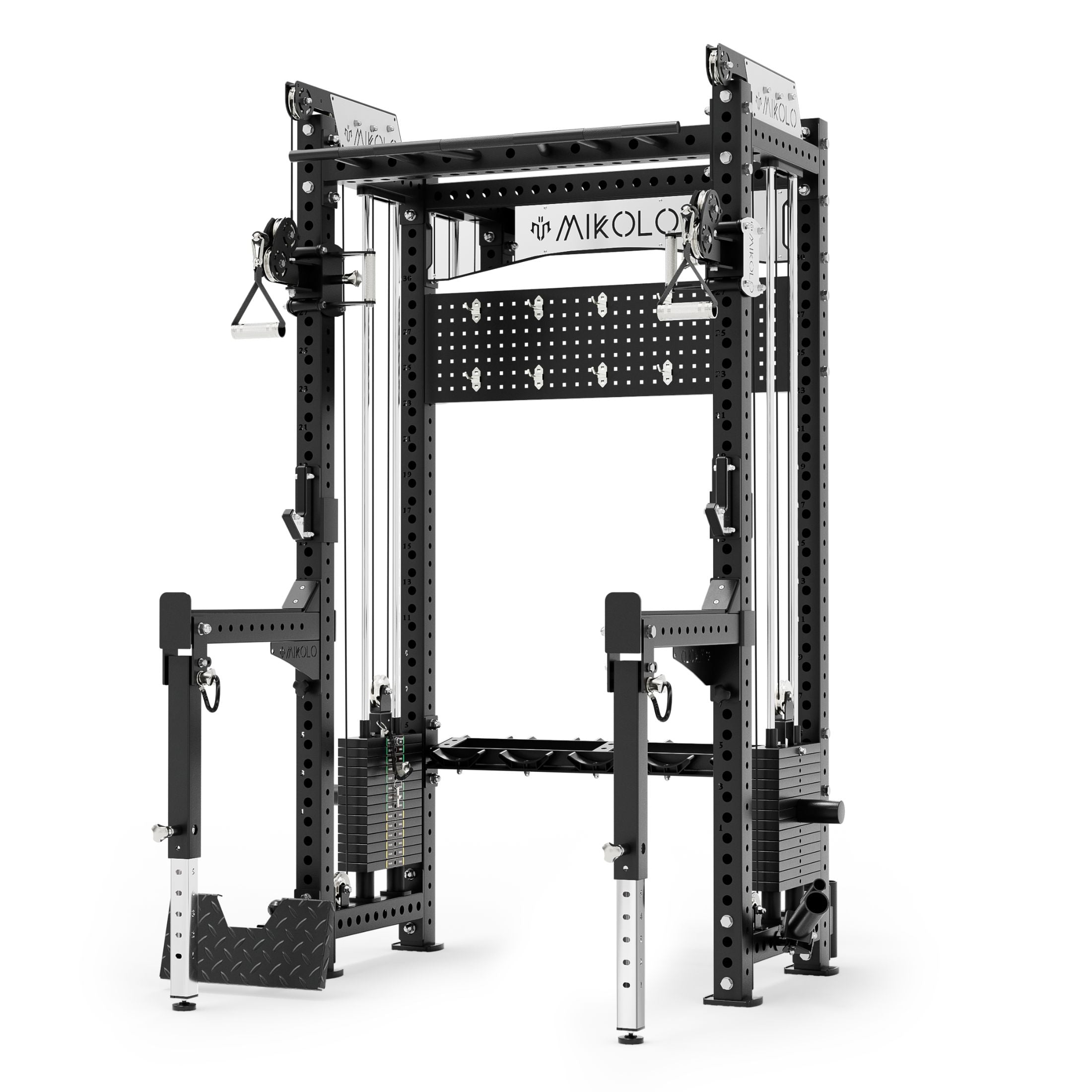




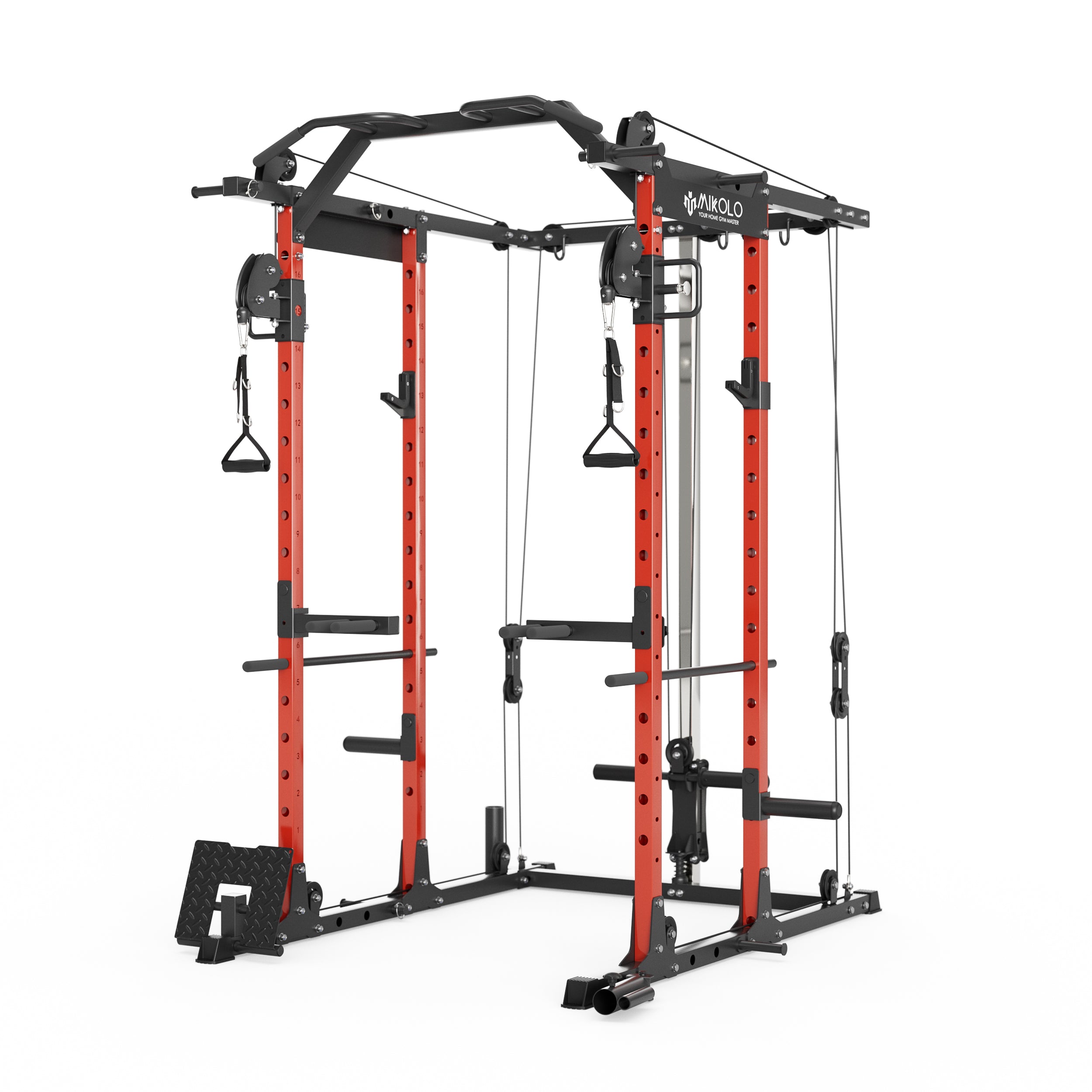
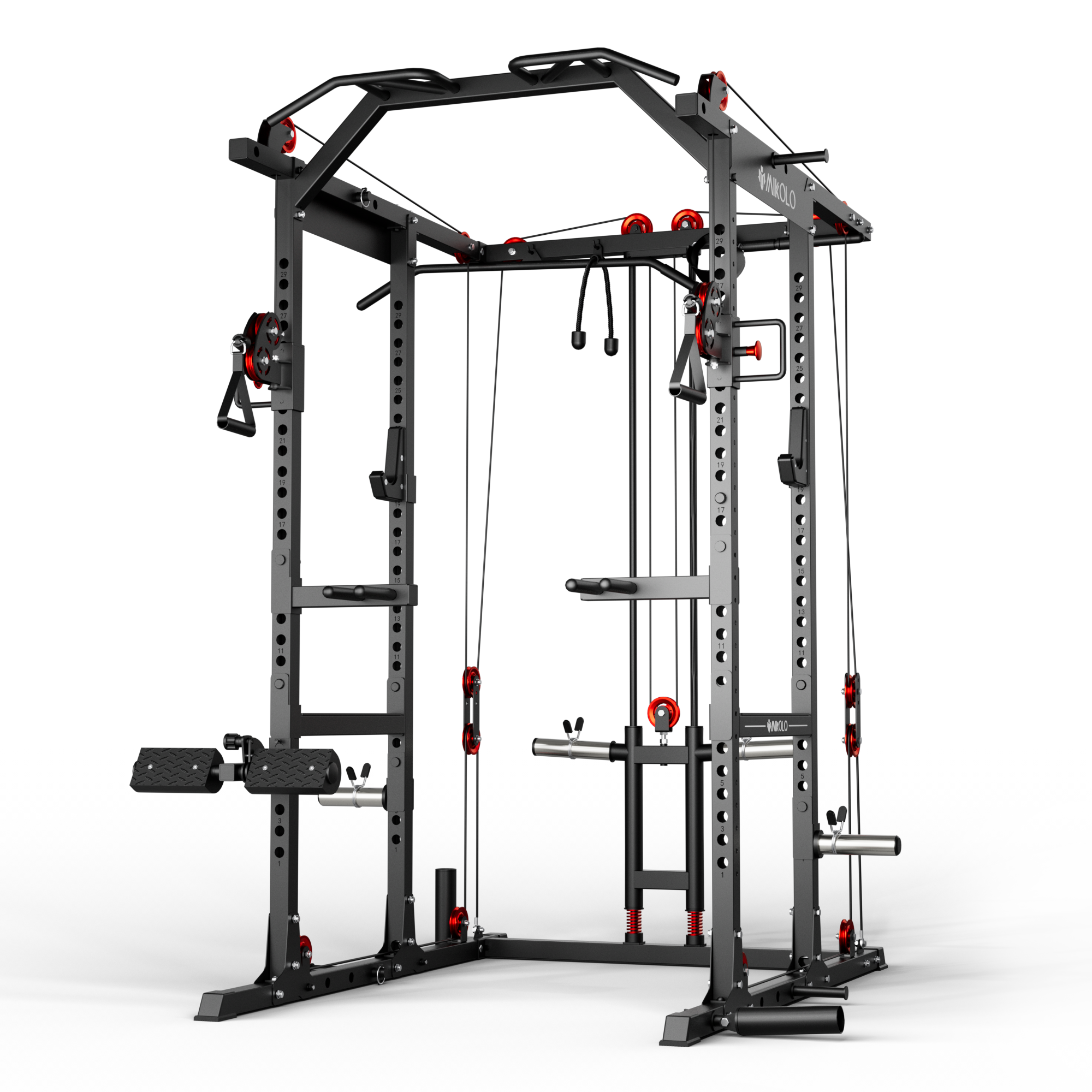

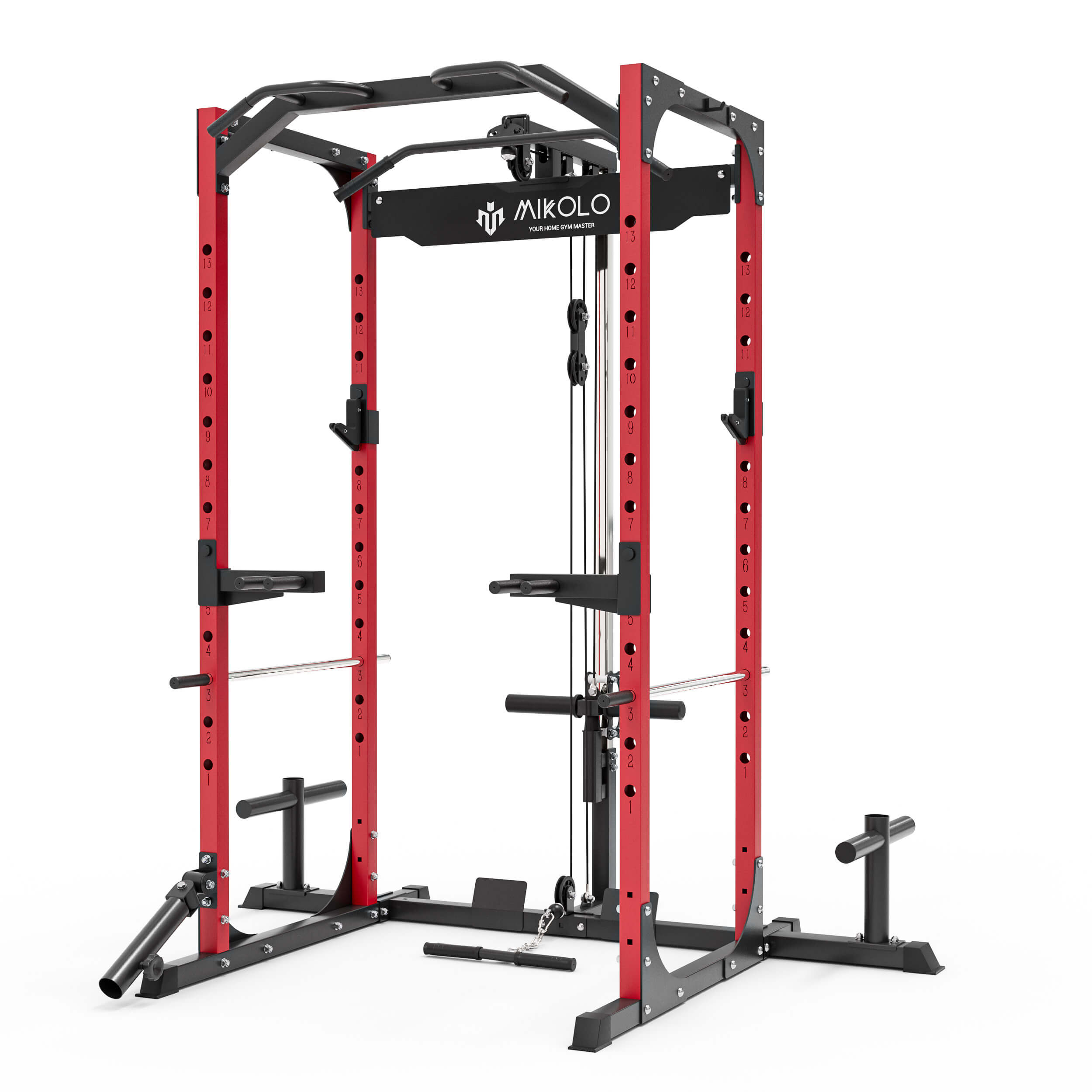



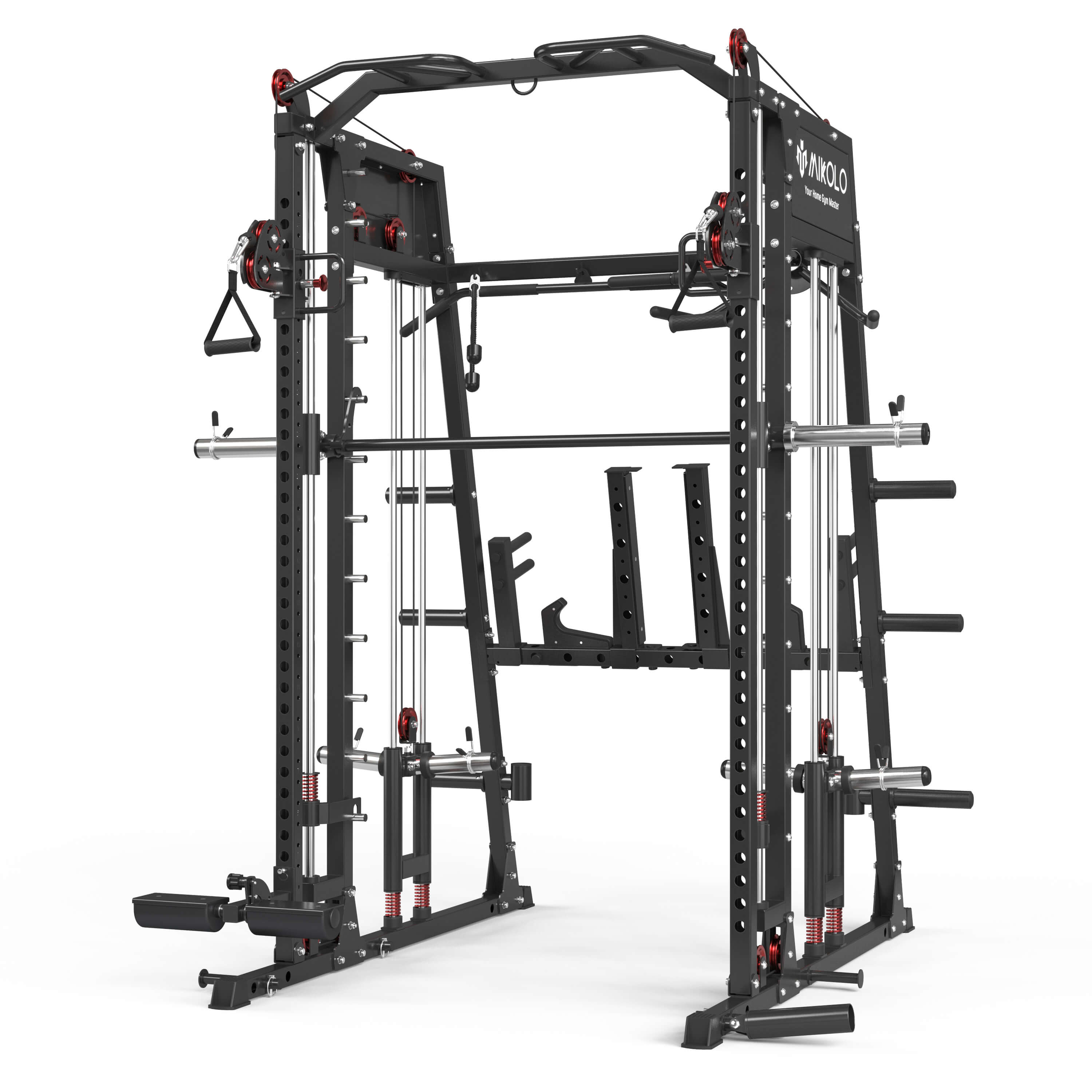

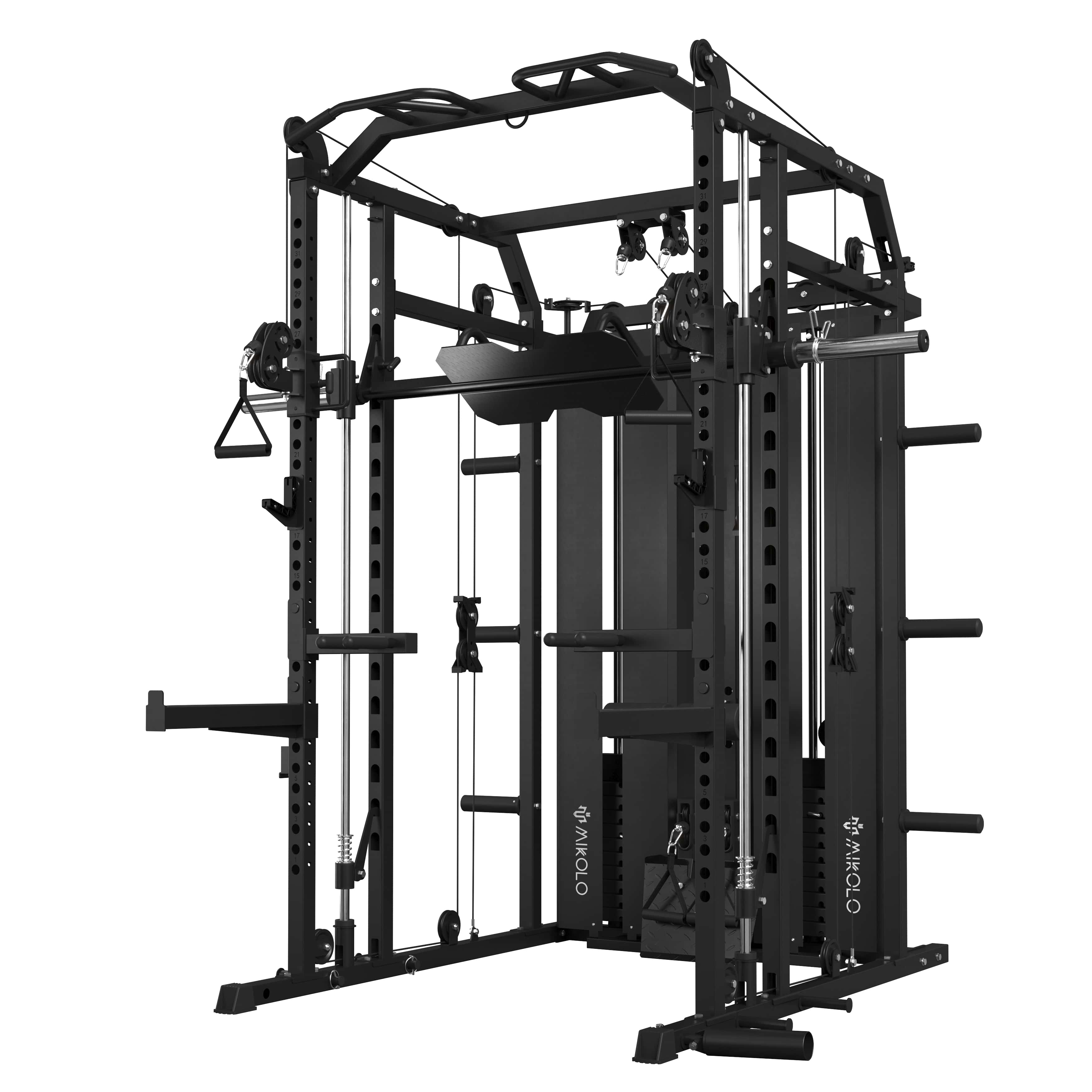
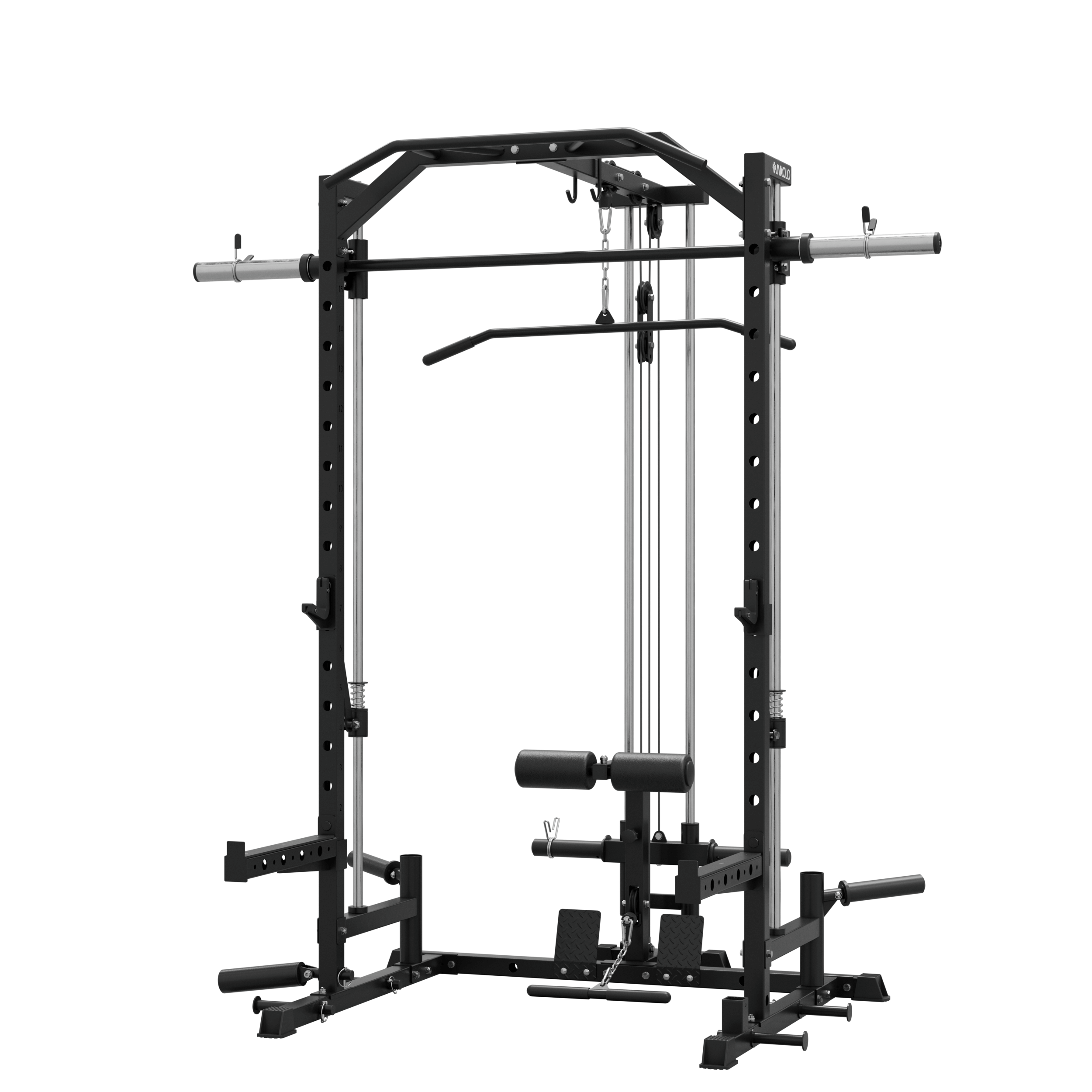
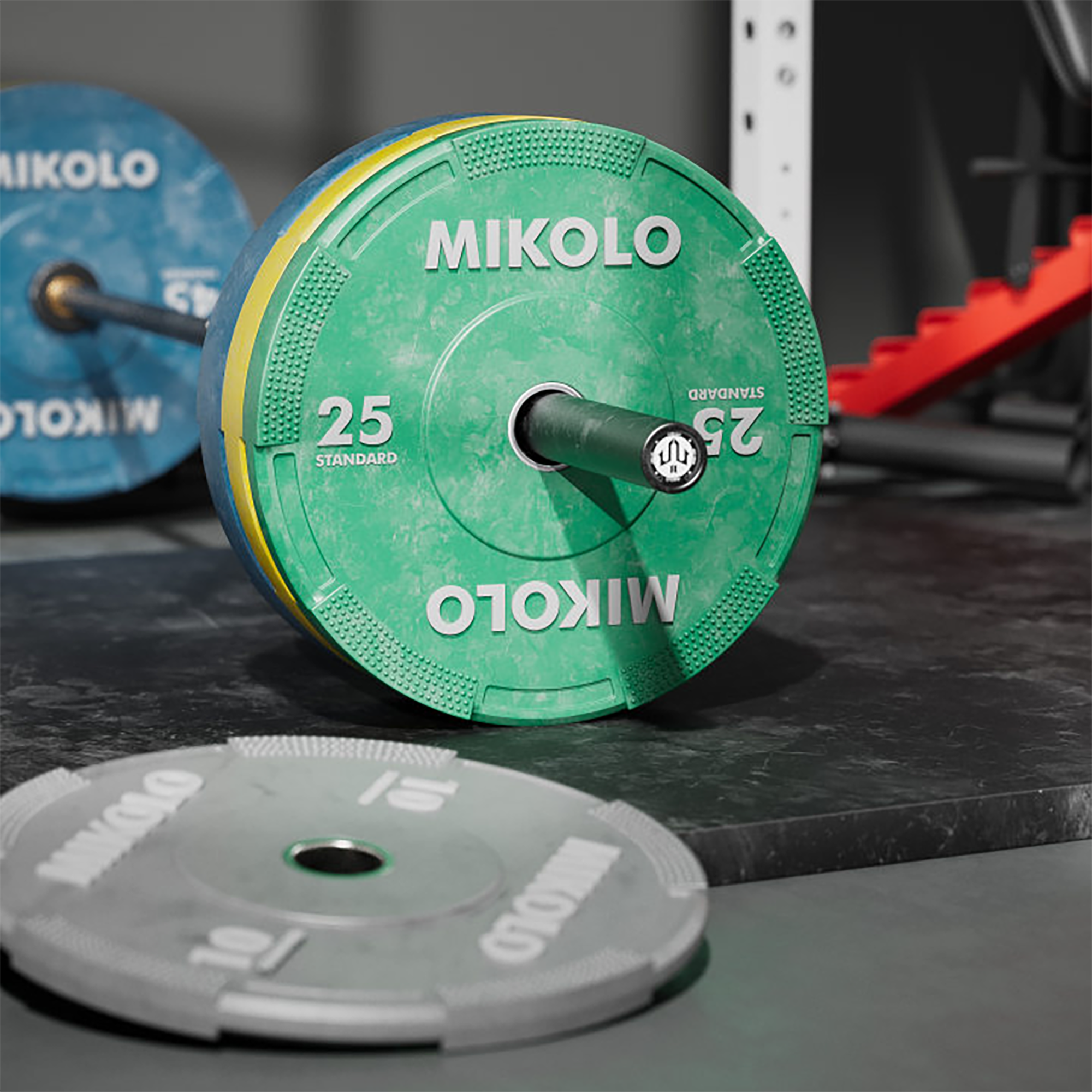





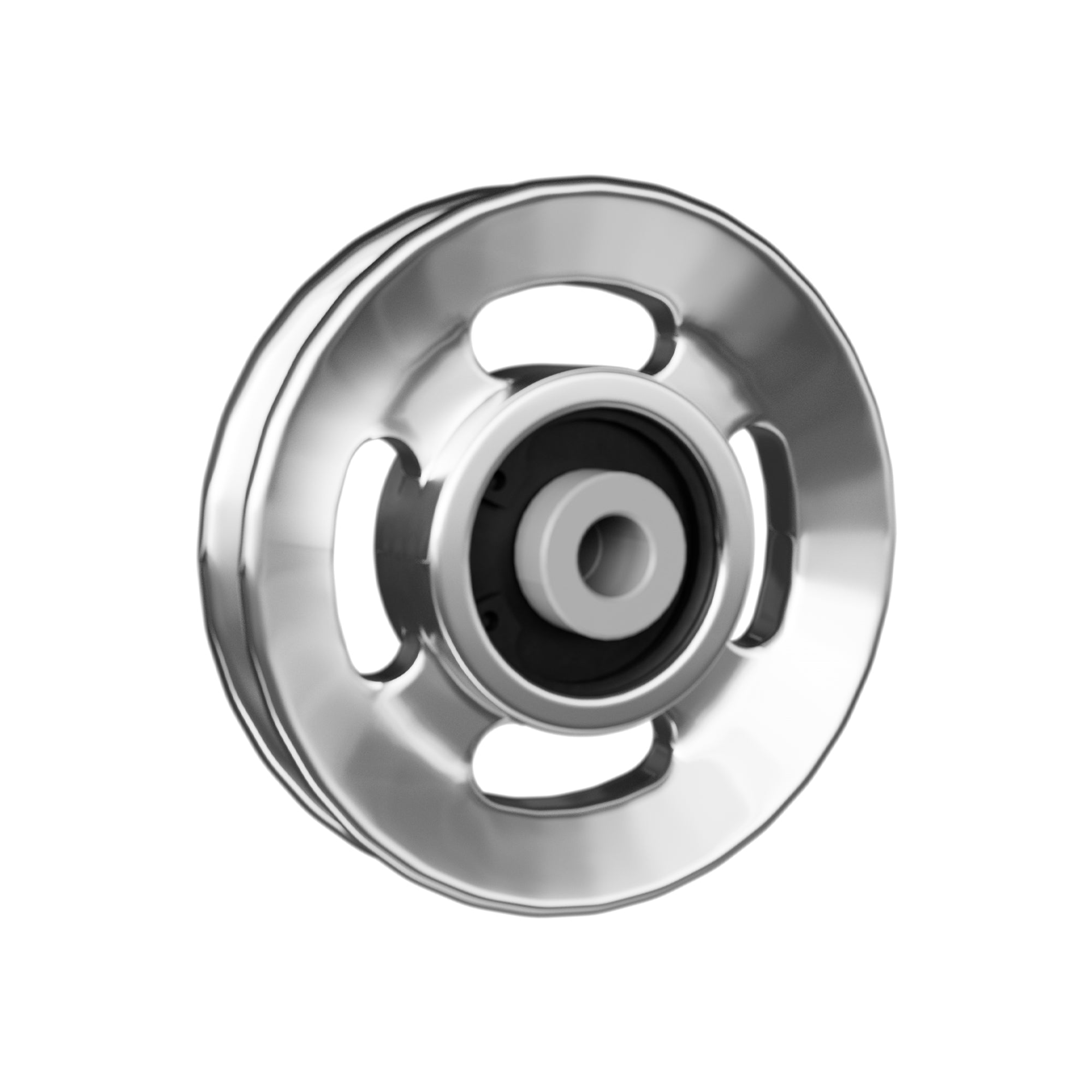






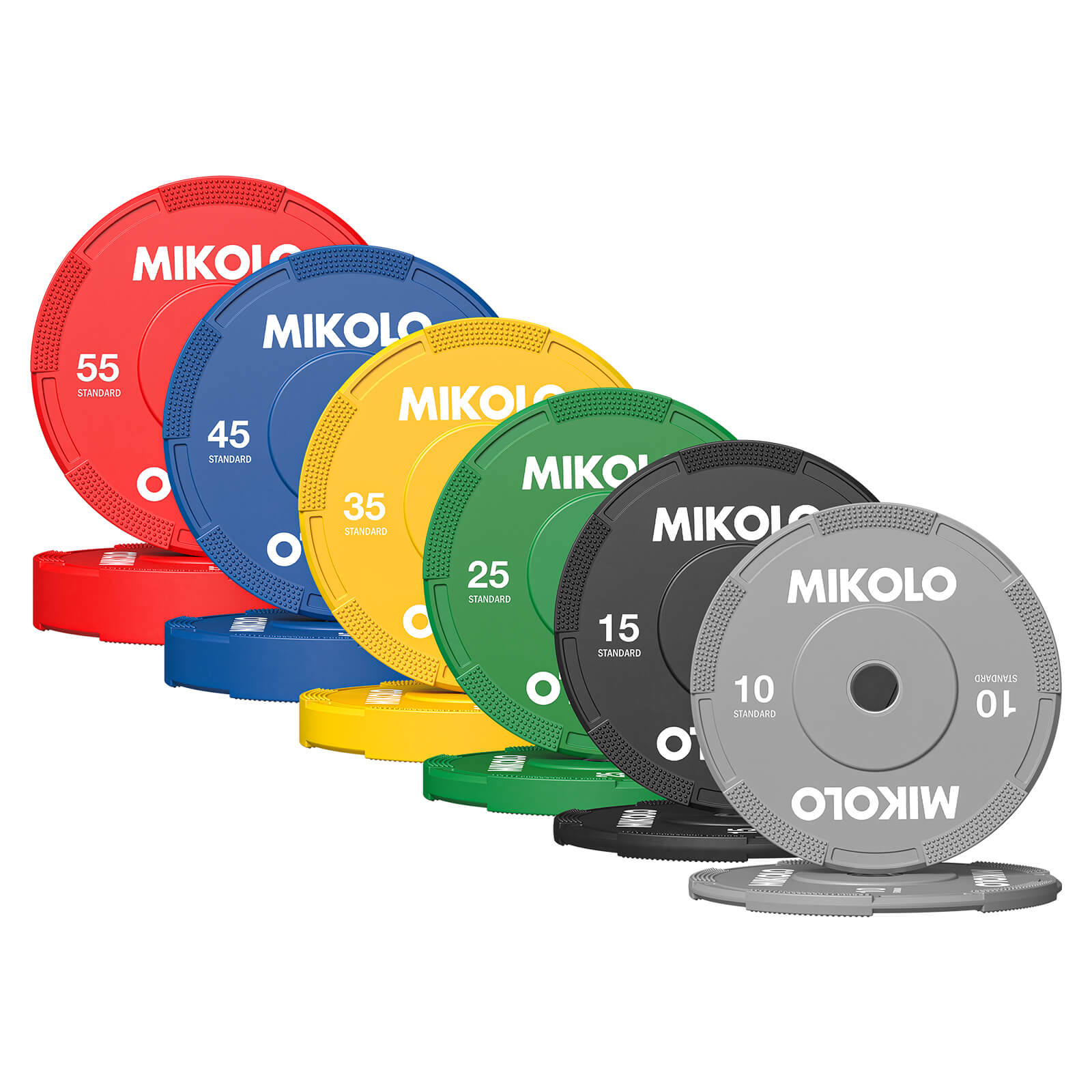

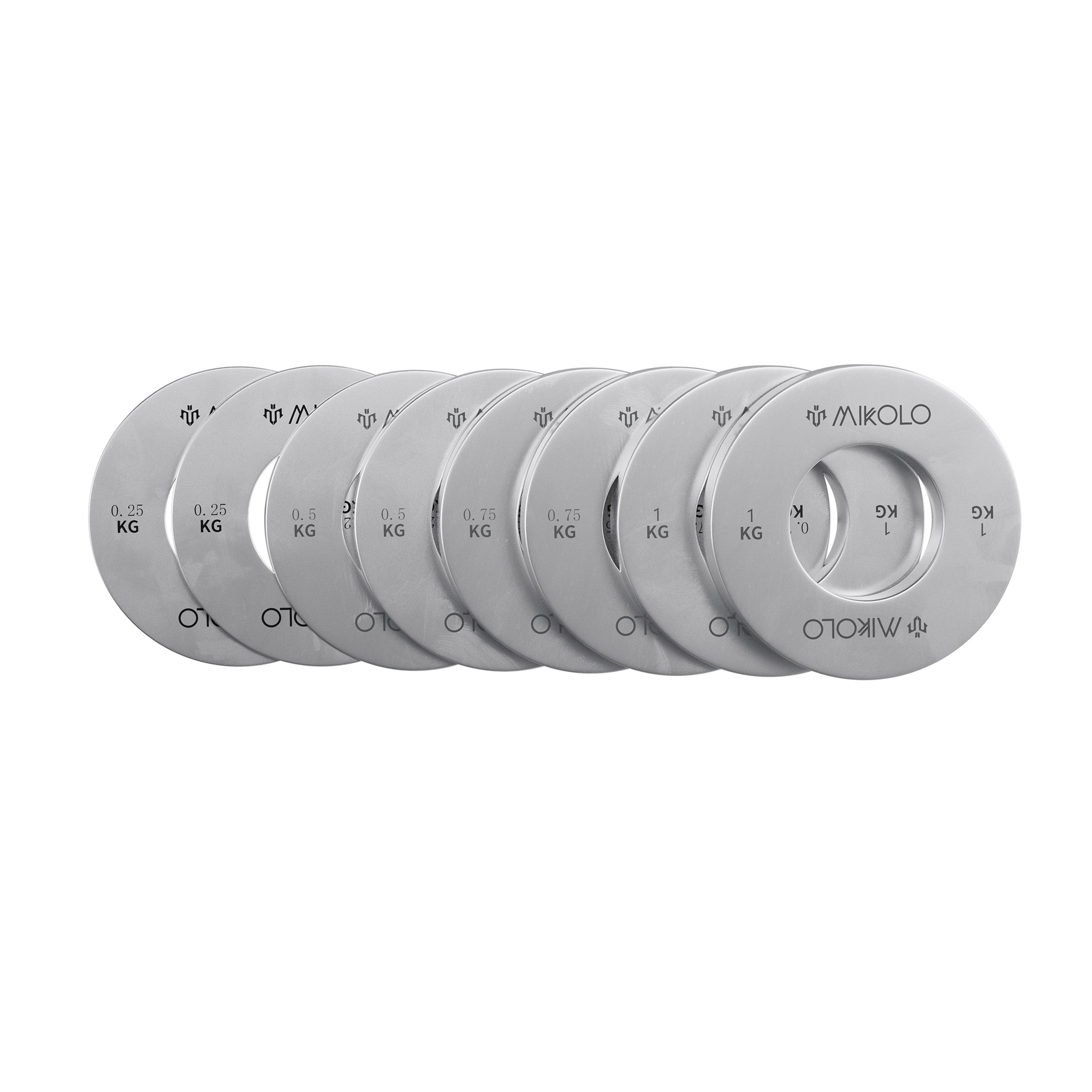

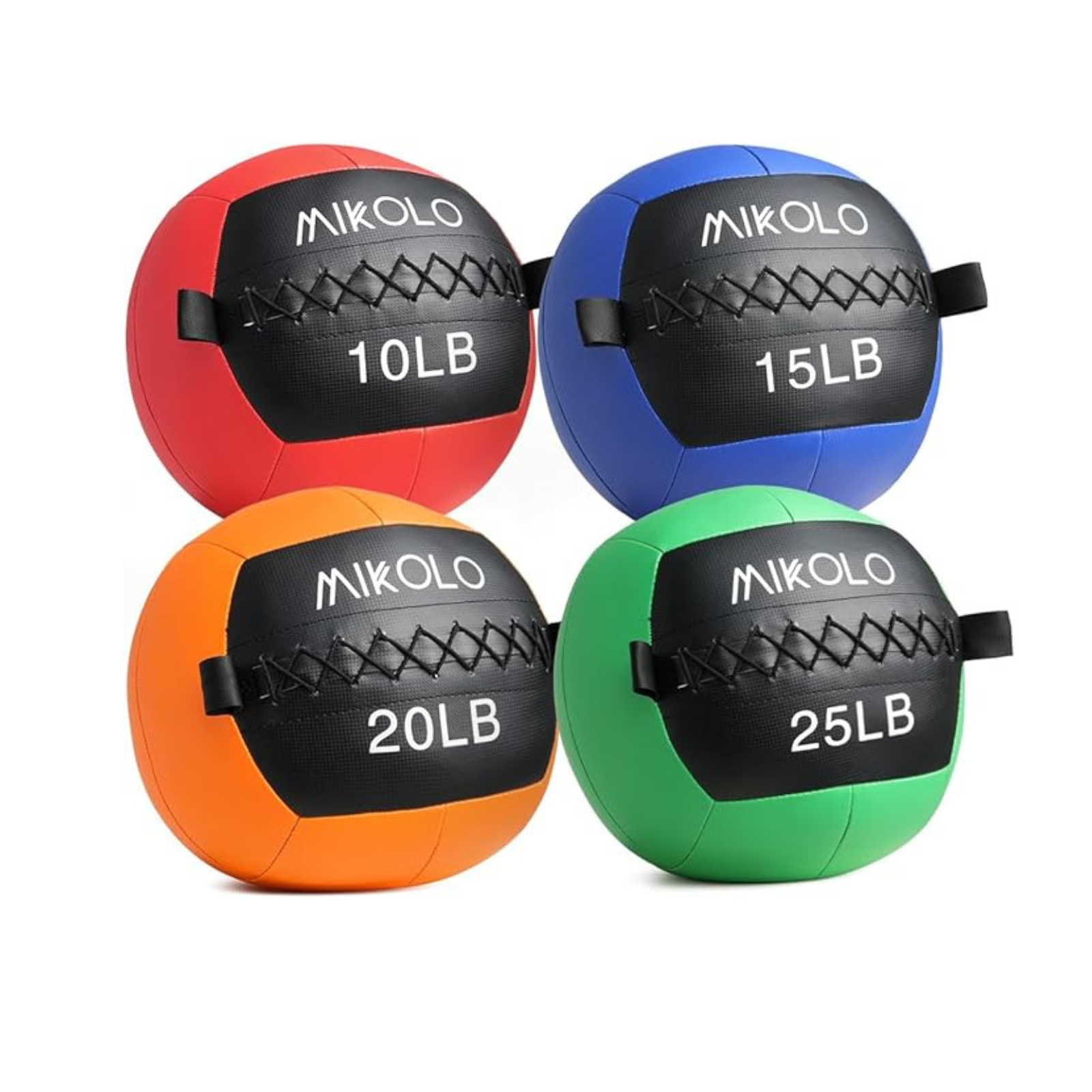
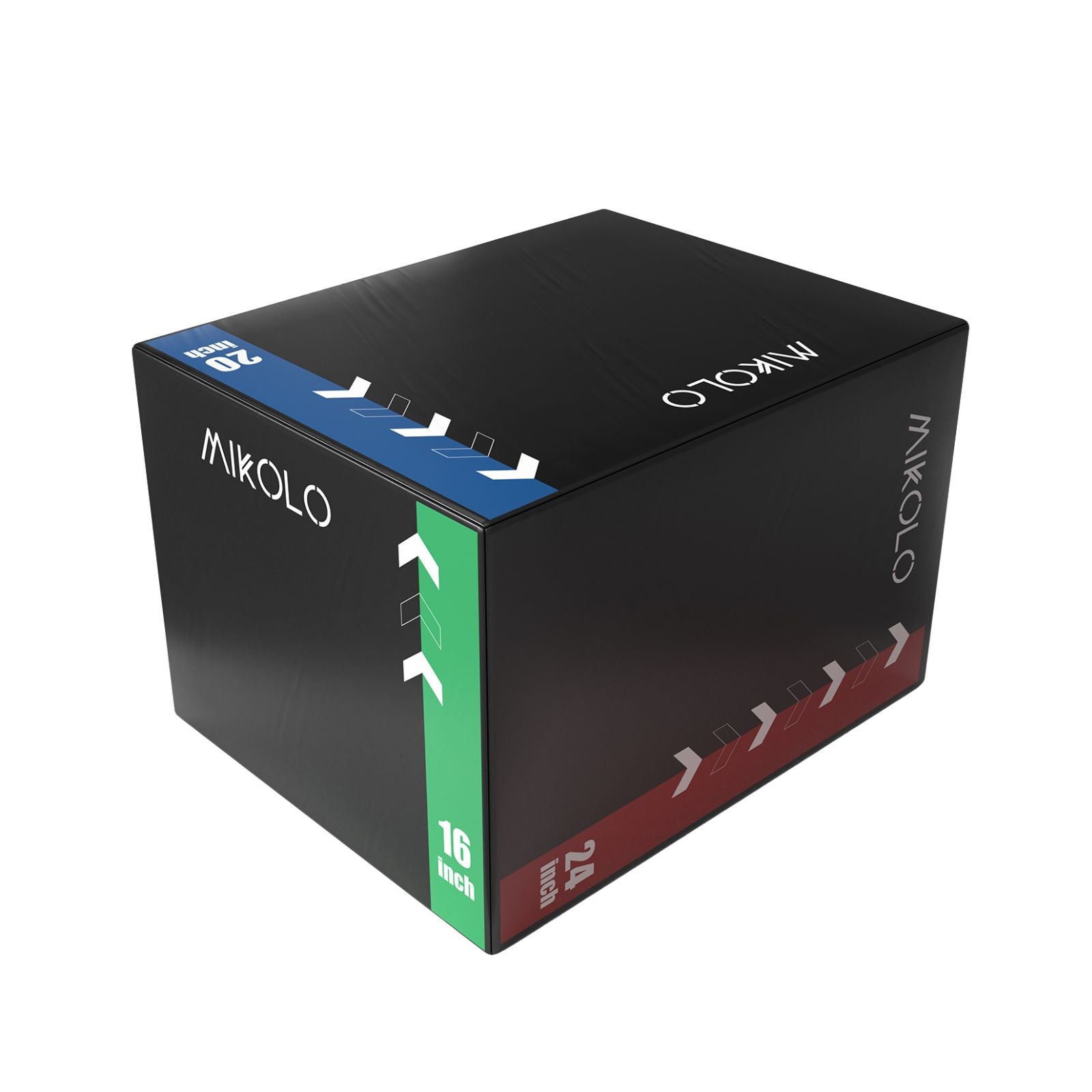






Leave a comment
This site is protected by hCaptcha and the hCaptcha Privacy Policy and Terms of Service apply.